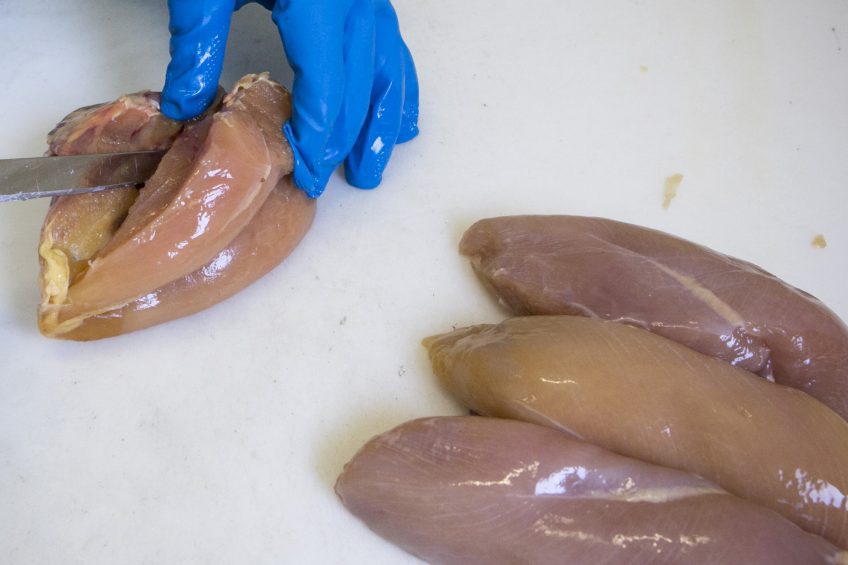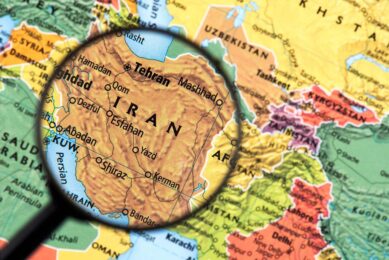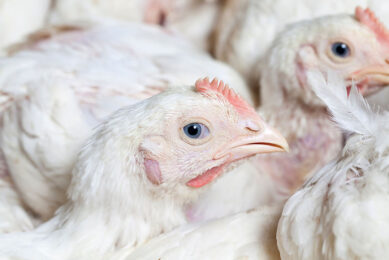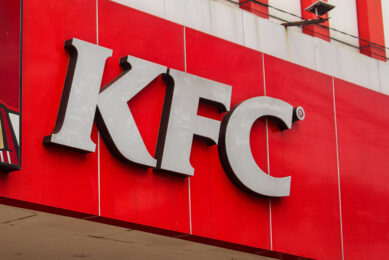Report criticises Brazilian poultry labour practices

Thousands of people are victims of forced labour and inhumane work conditions in Brazil’s burgeoning poultry and meat sectors, with some having to work 20 hours a day, a new report has suggested.
Slave labour in Brazil’s poultry sector is “endemic”, according to a report led by the Washington-based Institute for Agriculture and Trade Policy (IATP) that called for improved working conditions, enforced labour rights and implementation of work contracts.
Violators of Brazil’s anti-slavery laws
While companies such as JBS have signed the National Pact for the Eradication of Slave Labour, which binds them to suppliers, the report says the decision by the Brazilian Supreme Court in December 2014 to order the Ministry of Labour to stop producing its “dirty list” of violators of Brazil’s anti-slavery laws meant it was difficult to monitor the situation.
The report, which was compiled with the Berlin-based Heinrich Boll Foundation and the Brazilian rights group FASE, said teams of about 10 labourers, known as chicken catchers, collect the birds that are crammed on to large farms, working up to 20 hours and catching more than 50,000 birds a day.
The back-breaking work is considered dirty and dangerous: “Workers tasked with catching these chickens and transporting them from farms to slaughterhouses suffer egregious working conditions.”
Factfile
• 2 companies – BRF and JBS – control 52% of Brazilian poultry slaughter and two thirds of Brazilian poultry exports
• The states of Parana, Santa Catarina and Rio Grande do Sul accounted for 62% of broiler chicken production in 2015
• 76% of all processed and salted poultry from Brazilian slaughterhouse heads to Europe – nearly half of which goes to the Netherlands, followed by Germany and the UK
• There are more than 130,000 family farmers that produce chicken in Brazil.
Financial investment
It adds that the 130,000 family poultry farmers generally are integrated into a supply chain of a major meat processing corporation through a contract whereby they bear all the risk and investment costs.
They have to buy all inputs from the integrator and sell the birds back to the company once ready for slaughter. Ventilation technologies, important in Brazil’s climate, require higher financial investment and as a result many small producers struggle economically.
The high costs ensure that much larger facilities with more than 25,000 birds have larger profit margins compared to producers with less than 5,000 birds who earn barely a fraction of their costs.
JBS rejects any use of slave labour
In response to the report, JBS, the world’s biggest meat producers told Reuters that the company and its suppliers “repudiate” any use of slave labour.
“All contracts signed by JBS have a specific clause that explicitly prohibits practices that may establish the use of labour analogous to slave and child labour.”
Source: The IATP report can be found here.












